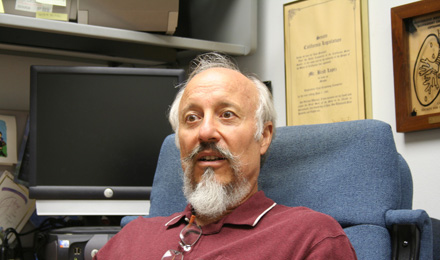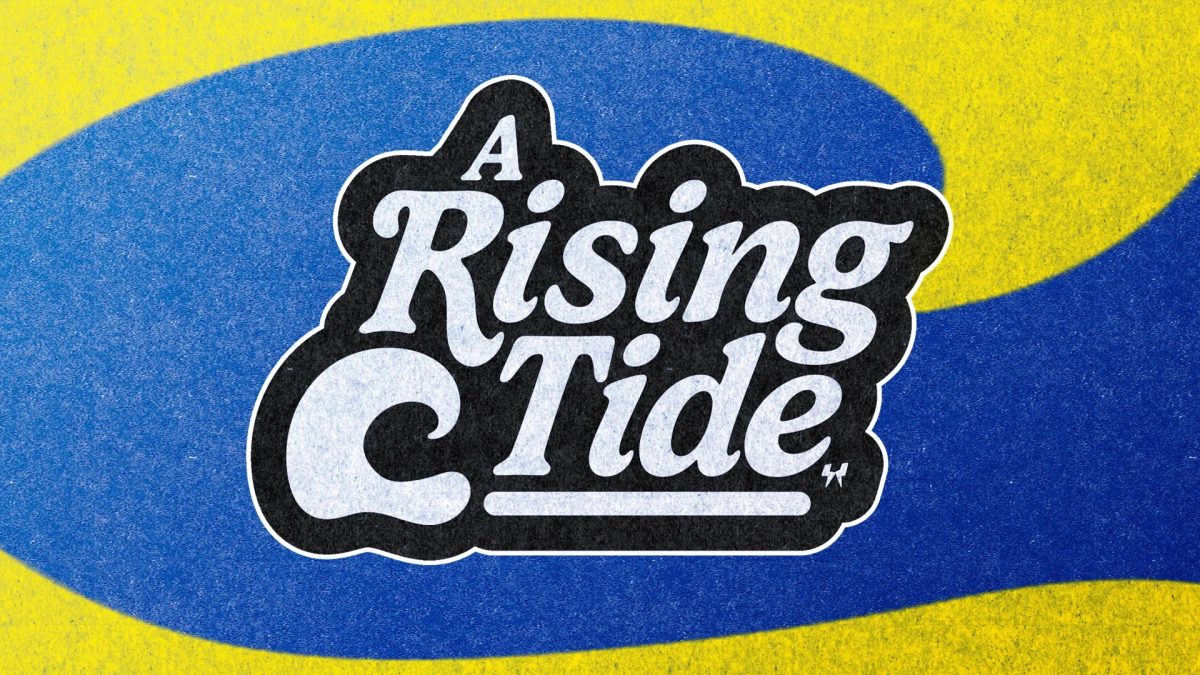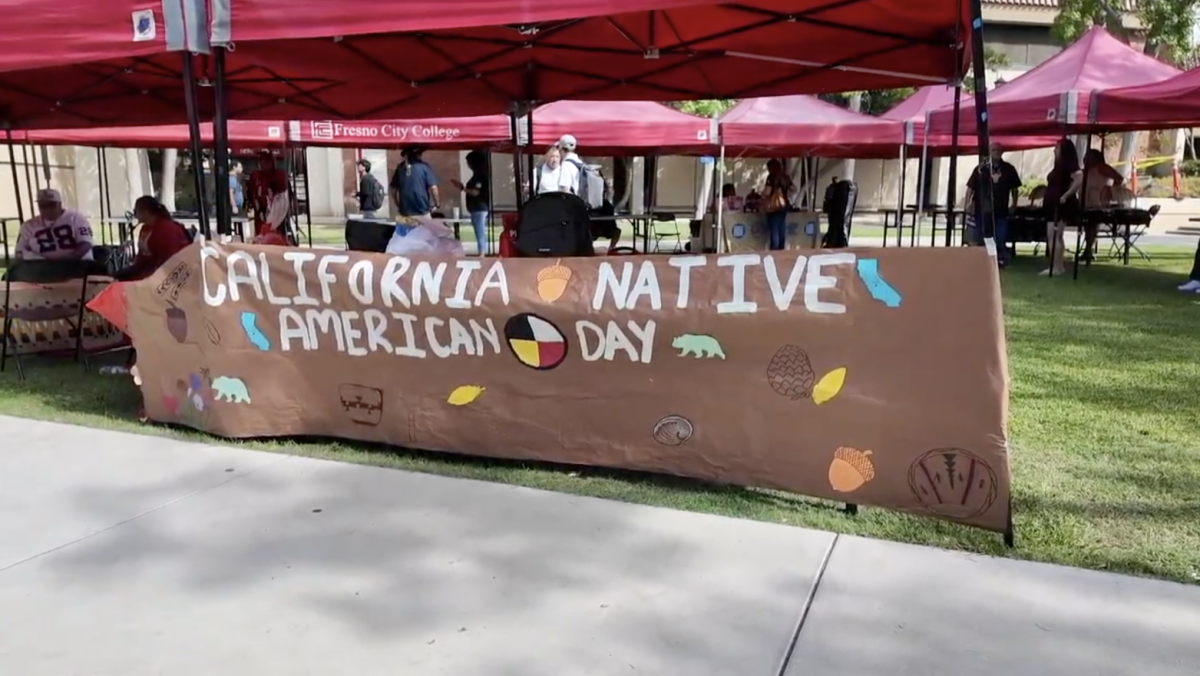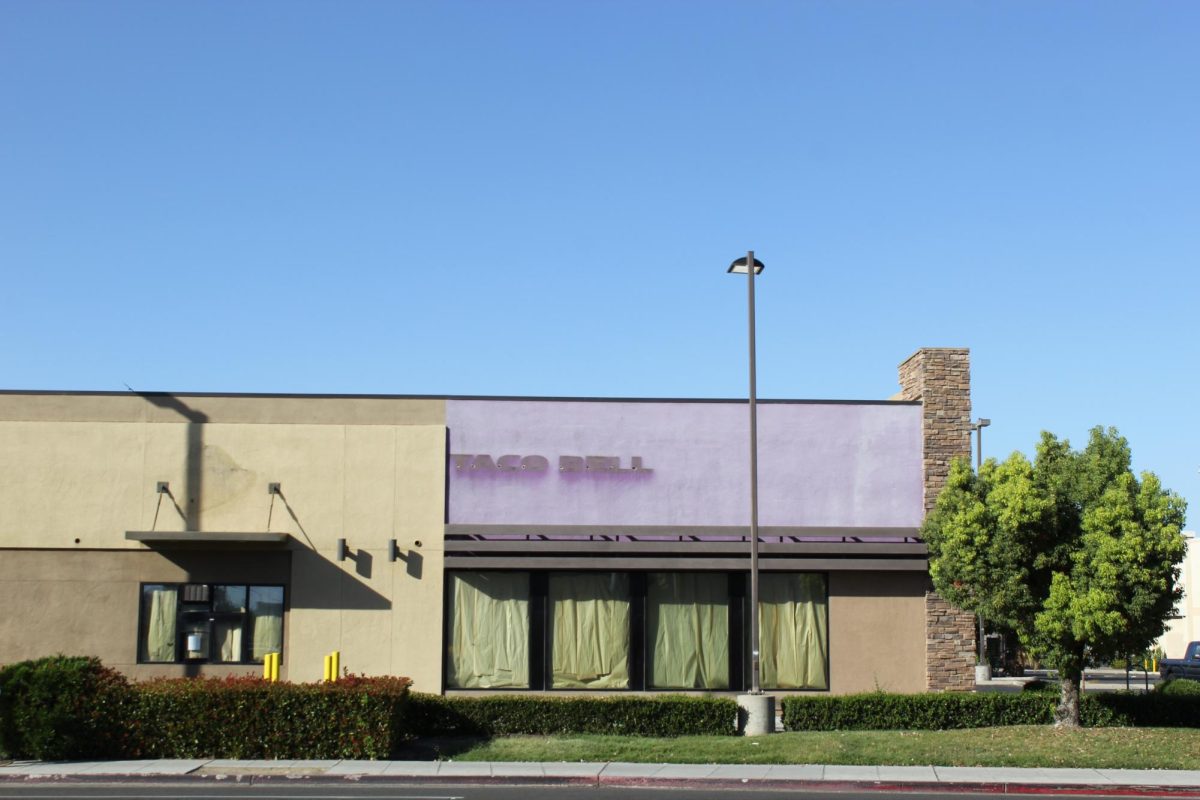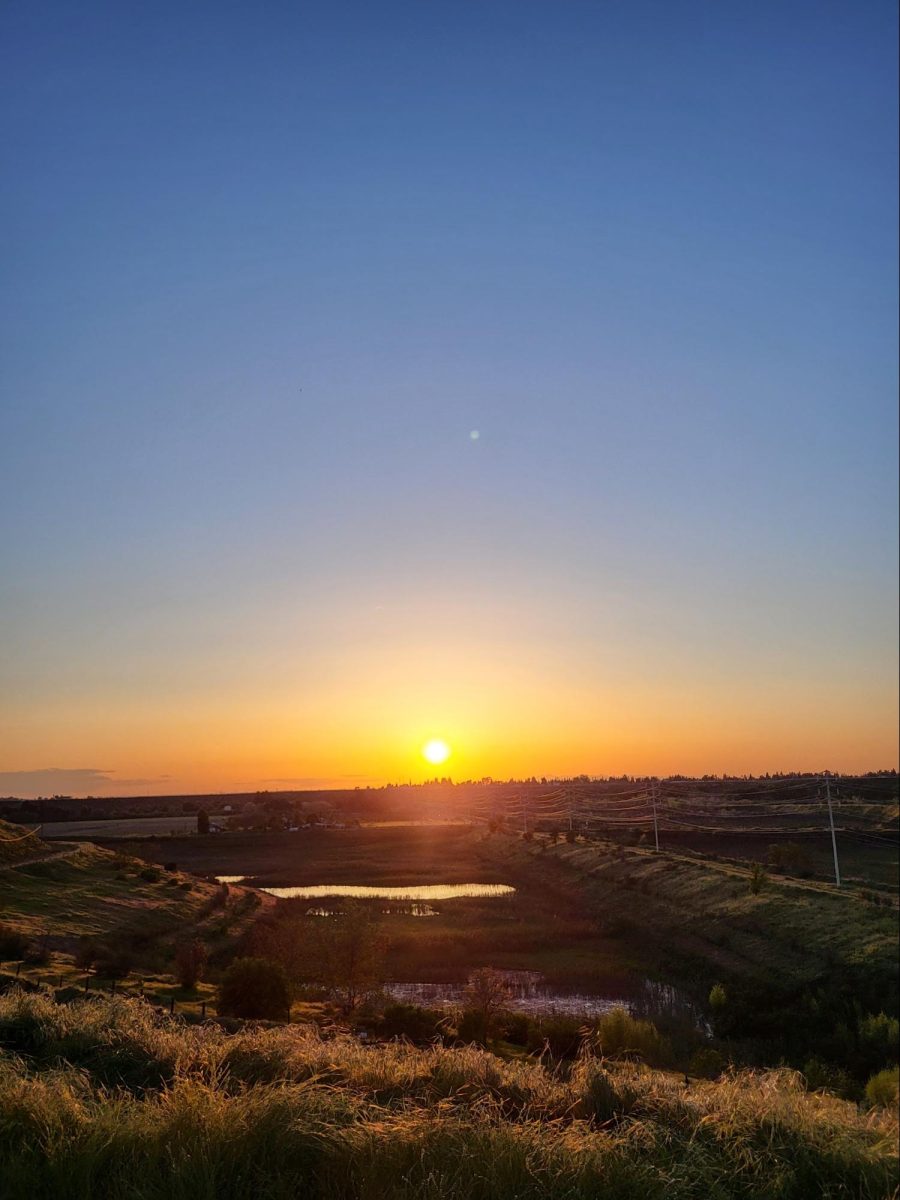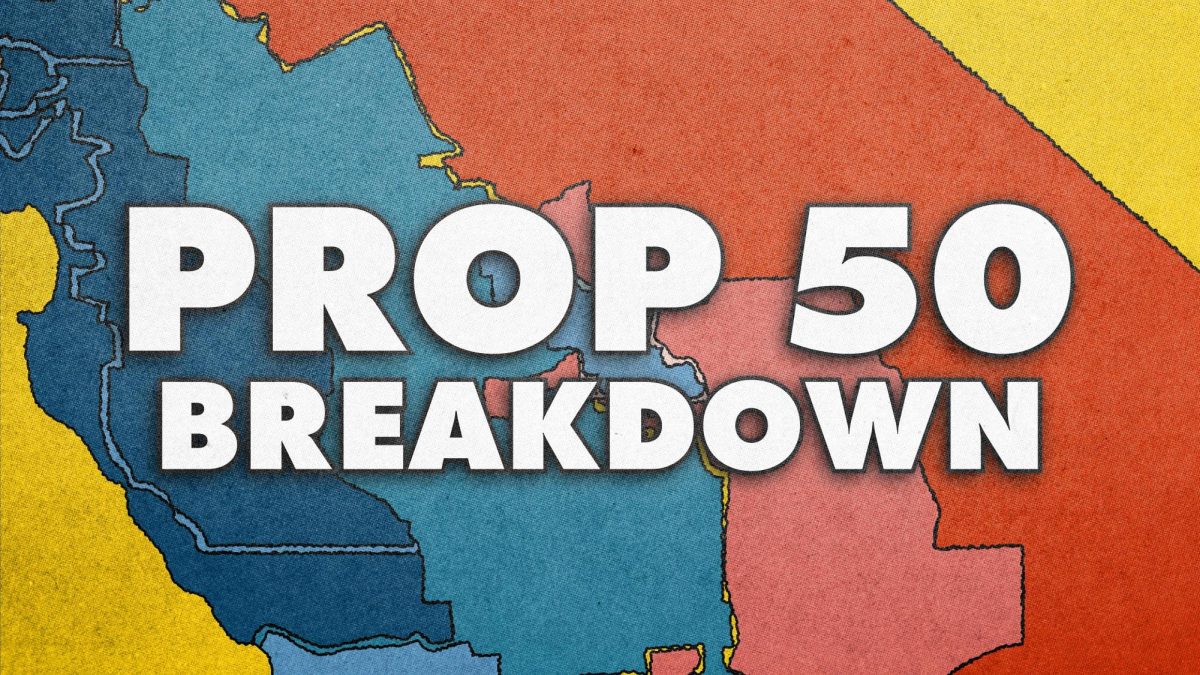In Feb. 2010, a student of Dr. Brad Lopez’s Health 1 class filed a complaint that he had taught anti-homosexual lessons. Lopez denied the allegations however, claiming, “Everything I teach is within the scope of Health Science 1 on this campus.”
Nevertheless, a month later in March, 2010, Fresno City administrators found that Lopez violated a campus anti-discrimination policy by telling his students that homosexuality was a mental disorder and should be treated with psychotherapy. He subsequently received a permanent mark on his record.
A year and a half later on Aug. 30, 2011, Lopez filed a lawsuit against Fresno City College in an effort to expunged from his record of the incident.
Still awaiting his day in court, Lopez tells his story to the Rampage in a rare one-on-one interview.
Q: Can you briefly explain why you think the students filed the original complaint against you?
A: They felt insulted that I was insensitive and so forth. But that’s nothing new, because in Health 1 cover a lot of controversial issues. For example, dealing with heart disease, I go over the things that do it, and people get offended with that too. But they want to know how to prevent it, so I tell them and they make up their own mind. Saying I’ll make changes in my lifestyle or I won’t…
One of the strongest groups is when I talk about controlling weight. Obesity is a serious problem in our country right now, and is affecting the youth. As a result some of them say, ‘you can’t tell me how I should eat and how I shouldn’t eat.’ I said, ‘I’m not, I’m just saying what happens, what can happen’… they feel like they are picked on. Here’s what I’ve noticed is the difference. The difference between what happened and all the other students that get offended, by whatever topic we may be covering, is that they just take the information in stride and learn from it and say, ‘Well ok, I’ll either change, or I won’t change, but they never attack me in person like this student did.’
Q: What information did you give that you think was the primary cause of this incident?
A: The same information that was given at all the hearings over Proposition 8, the same arguments. I didn’t dream up anything new, I’m not that smart. I used the same information that was given at all the hearings. I gave the information that’s reported in the literature, and that’s it. I only spent like, maybe 8, 10 minutes on it, because I have so many other things to cover, and these students didn’t like it. They said, ‘You can’t teach that here.’ What? I’m required to teach it. I have to, for three reasons. 1) There’s the first amendment and the fourteenth amendment of the U.S. Constitution to freely tell people what’s at stake, and 2) we have a requirement for academic freedom for instructors to inform students of what risks there are, and 3) is critical thinking, and the last two are state laws. We’re required to give both sides of an issue, and then let the students make up their decision. So to have a group or one or two students, in this case just one, come forward and say you can’t say that? Just because you don’t like the information, is that why it shouldn’t be stated?
Q: What kind of reaction did you receive from the other faculty member, students, and the public in general?
A: Well, most of the neighbors, friends, and people that I don’t even know, students that I had even as far as 25 years ago wrote strong letters of support and sent them to (Then Fresno City College President) Dr. Azari, and copied the people who are looking at the case. And that’s what the public doesn’t know. And once we’re all done with this, I will release them, without names.
One thing that you never saw or read, was, I got a stack of letters from students as well as people in the community that supported the assertions that I made.
Q: Do you believe that you created a “hostile learning environment”, as Fresno City College said you did?
A: No. Not any different than all the controversial subjects that I discussed. Then I was misquoted as well. I said here are what some people have done. One option is to seek means to pick a different life style, that’s it. And that some people who have gone through another life style, say a heterosexual life style, they’ve tried to get some other people who have a homosexual lifestyle to convert, and they choose not to or they choose to do so. That’s their choice.
Q: Do you think there may have been cause for any homosexual students to feel discriminated against by anything you’re teaching?
A: Not any different than those who feel like they’re when we’re teaching obesity. ‘Well you’re discriminating against me because I’m fat.’ ‘You’re discriminating against me because I have a different sexual lifestyle than other people.’ ‘You’re discriminating against me because I don’t eat right, and I like eating junk food, and I’m going to, and I think you’re discriminating against me. The difference, I think that those groups are mature, and one group wasn’t.
Q: Have you changed your teaching material since the incident?
A: No. But I have a new assignment. I’m not teaching Health 1 anymore. I’m teaching Pharmacology and Medical Information.
Q: If you could talk to the students who filed the complaints against you right now, what would you say to them?
A: I would say to them that I’m praying that they would be more responsive and more mature in accepting information that has been given at hearings, that has been given in literature, that supports the data, and I would ask, wouldn’t you agree that students should hear all sides of an issue, instead of just only those you would like to be heard?
Q: What do you hope the end result of your lawsuit is?
A: That instructors rights and the business of the first amendment, fourteenth amendment, academic freedom, and critical thinking, be restored so that all the instructors and all this district can have restoration in knowing that they can say what is scientifically valid, and people need to hear it, and let the students make up their own decisions.
Q: Do you wish you would have handled anything differently at the time?
A: No. Not really, I’m just sad for the students who decided to take action, beyond just the complaint level of listening to information that they just happen to not agree with.
Q: Some people have been critical of your choice to be represented by the Pacific Justice Institute, an organization which heavily supported Prop. 8. What would you say to these people?
A.: Each group and attorneys within a group will have their own opinions on certain items, same way, whether it’s in congress, or the administration of the president, or the governor of this state. So I respect those differences, but that doesn’t preclude what position I would take if they’re willing to run with the information, and the lawsuit. During that time, when the Pacific Justice Institute contacted me, first I asked, ‘well how’d you find out about it?’ They said, ‘Well we saw it in the Mercury Bulletin in San Jose. Within three days I had two other law firms call me and want to represent me. And I asked them why? Why do you want to represent me pro bono? They said, “Well we’re tired of the ACLU making legislation without going through the legislature. And we don’t agree with the ACLU. In fact, we’re vehemently and unalterably opposed to much of what the ACLU does. “ And I was listening saying woe!
Q: Are you seeking any monetary damages in your lawsuit?
A: It’s about two things mainly. And that’s to have my record expunged from misinformation and secondly to restore for all the instructors, and all the campuses within this district, that first amendment, freedom of speech, the fourteenth amendment equality, academic freedom, and critical thinking are required by state law.

